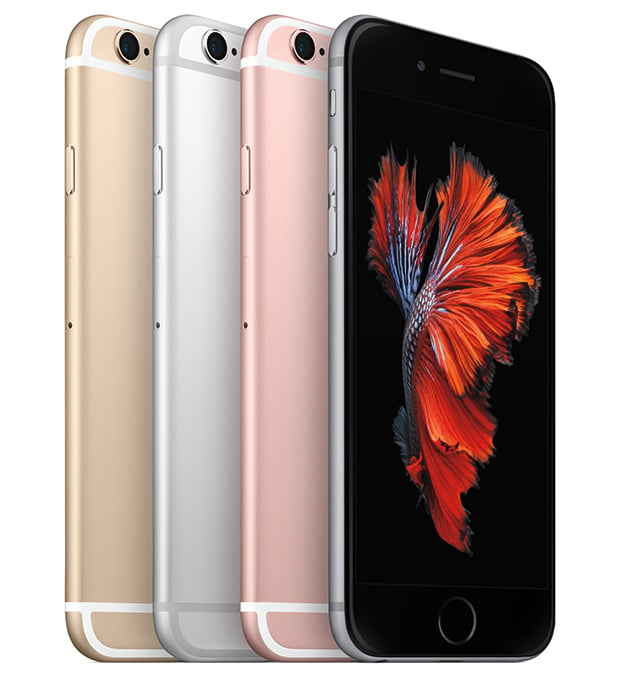DOJ Claims Apple iOS EULA Should Allow Government Backdoor Access To Your iPhone
The fight between the Department of Justice and mobile OS creators continues, and as it stands right now, things are not looking so great on the vendor side.
Over the past few years, and the past year especially, both Apple and Google have been battled against for allowing users of their respective OSes to encrypt their data, and in effect make it impossible for law enforcement to rummage through. Fortunately, both companies have been battling against this on behalf of consumers; rather than back down, both companies have actually strengthened the security, namely by making encryption default in the latest versions of Android and iOS.
That's all fine and good, but what's now concerning is the fact that the DoJ has a decent case against Apple in particular, and it all boils down to how the license agreements are handled.

When a user purchases an iPhone, they might own the device itself, but the OS is considered a "license". It's almost like renting, but without a fee. There are a number of reasons companies choose to do this; one of the biggest being that they don't want to hand over the right for people to do whatever they want to it without repercussions (eg: hack it.). It's not just Apple that chooses to license software like this; many others do, too.
Regardless of that, though, this is a bit of an odd angle for the DoJ to pursue, but it's unfortunately a novel one. If Apple considered iOS to be sold when someone purchases an iPhone, it could use the argument that it's no longer in its control. But when it's a perpetual license, it's effectively one Apple always has in its control.
If the DoJ is successful in its argument here, the effects are going to be far-reaching. For the sake of the consumer, we need to hope that this falls flat.

